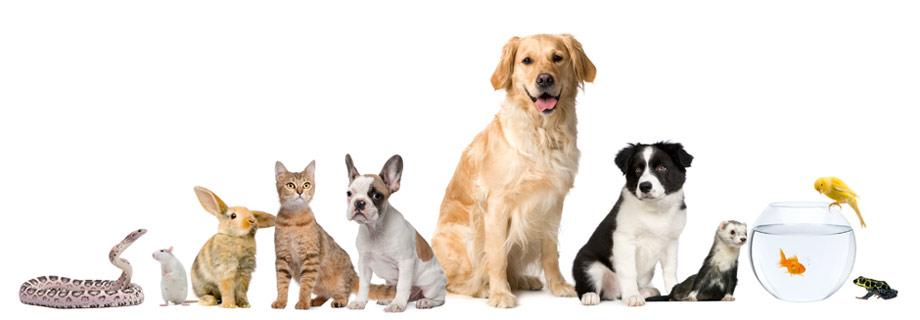Common Misconceptions about Euthanasia
1. Euthanasia isn't nature's way
Some pet owners reject euthanasia as "unnatural." Nature, some say, has a timetable for every life, and by artificially ending a life, we're disrupting nature's plan. While charming, this belief overlooks the fact that by providing treatment, surgery, medication, or any other form of care for a sick (or injured) pet, we are already extending that pet's life far beyond what would occur if matters were left in the not-so-tender hands of "nature." Euthanasia is often not so much a question of "artificially ending" a life, but of determining when to cease artificially extending that life.
2. Euthanasia is selfish
The most common source of guilt is the belief that one has euthanized a pet "too soon" or for "selfish" reasons. "I should have tried harder," many tell themselves. "I should have been willing to do more, spend more, get a second opinion, stay up all night to take care of her." Yet the person who worries most about not having "done enough" is often a person who has already gone to superhuman efforts to care for that pet. A far more dangerous form of selfishness is to prolong a pet's suffering simply to postpone one's own.
3. My pet will tell me when it's "time"
Many of us have heard of pets who allegedly offered some indication of acceptance of death, of being "ready to move on." And who among us would not welcome that sense of being granted "permission" to end a pet's life? Such a "signal" would remove the dreadful burden of having to make that decision on our own. Unfortunately, for many that signal never comes. By convincing ourselves that our pets will "tell us" when it is time to die, we risk two hazards: Prolonging a pet's suffering by waiting for a sign that never comes, or torturing ourselves with guilt for acting "too soon."
The painful truth is that if your pet is terminally ill, and especially if it is suffering and unable to function, it will die; the decision you must make is not whether its life will end, but how, and how much discomfort you are willing to allow it to endure.
Copyright © 2001 by Moira Allen
1. Euthanasia isn't nature's way
Some pet owners reject euthanasia as "unnatural." Nature, some say, has a timetable for every life, and by artificially ending a life, we're disrupting nature's plan. While charming, this belief overlooks the fact that by providing treatment, surgery, medication, or any other form of care for a sick (or injured) pet, we are already extending that pet's life far beyond what would occur if matters were left in the not-so-tender hands of "nature." Euthanasia is often not so much a question of "artificially ending" a life, but of determining when to cease artificially extending that life.
2. Euthanasia is selfish
The most common source of guilt is the belief that one has euthanized a pet "too soon" or for "selfish" reasons. "I should have tried harder," many tell themselves. "I should have been willing to do more, spend more, get a second opinion, stay up all night to take care of her." Yet the person who worries most about not having "done enough" is often a person who has already gone to superhuman efforts to care for that pet. A far more dangerous form of selfishness is to prolong a pet's suffering simply to postpone one's own.
3. My pet will tell me when it's "time"
Many of us have heard of pets who allegedly offered some indication of acceptance of death, of being "ready to move on." And who among us would not welcome that sense of being granted "permission" to end a pet's life? Such a "signal" would remove the dreadful burden of having to make that decision on our own. Unfortunately, for many that signal never comes. By convincing ourselves that our pets will "tell us" when it is time to die, we risk two hazards: Prolonging a pet's suffering by waiting for a sign that never comes, or torturing ourselves with guilt for acting "too soon."
The painful truth is that if your pet is terminally ill, and especially if it is suffering and unable to function, it will die; the decision you must make is not whether its life will end, but how, and how much discomfort you are willing to allow it to endure.
Copyright © 2001 by Moira Allen






